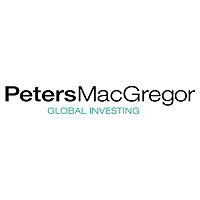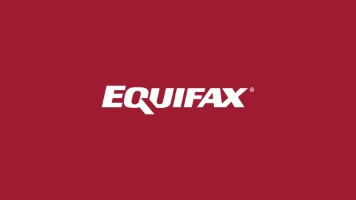Equifax – Why incentives are so important

Peters MacGregor Capital Management
In a famous speech on the psychology of human misjudgement, Charlie Munger, Vice-Chairman of Berkshire Hathaway, said ‘I think I’ve been in the top 5% of my age cohort all my life in understanding the power of incentives, and all my life I’ve underestimated it. And never a year passes but I get some surprise that pushes my limit a little farther.’
“Show me the incentive and I will show you the outcome.” — Charlie Munger
We’ve just been reminded of this again with multiple investigations launched into Equifax, a 118-year old credit reporting agency. It’s been reported that more than 143m US consumers had their personal financial data stolen or compromised by hackers.
To make matters worse, the executive team of Equifax sold shares prior to informing the public of the breach. While management is maintaining ignorance about the breach, if an investigation finds that the executives knew about the data compromise before selling millions of dollars of stock, they’d be guilty of insider trading and potentially face jail time.
For now, there’s no proof of guilt, but they obviously had reasons for selling. Over time I’ve become less comfortable with the industry adage, ‘There are many reasons why insiders sell, but only one reason they buy.’ I’ve occasionally seen insiders buy at lousy prices, and plenty of sales that signified bad news to come, even though the sales seemed innocuous at the time.
A key tenet of our investment philosophy is to ensure that management incentives are aligned with ours. Of the 24 companies we currently own, 16 have major insider ownership, providing plenty of motivation for management to take advantage of unique opportunities without taking unnecessary risks. It’s amazing how behaviour changes when a CEO is managing their own money.
While insider transactions are of enormous value, there’s no substitute for doing your own analysis. Having made Latin American cable TV and broadband internet provider Liberty LiLAC (LILA.K) one of our larger positions, it was comforting to see recently that the company’s chairman agrees that it’s undervalued after effectively being spun off from its parent, Liberty Global.
In July, John Malone, Chairman of Liberty Global, bought 1.6m shares in LILA.K at an average price of ~$23 per share. Around that price, the company was trading on a valuation typical of a much lower quality telecommunications business, rather than a broadband internet provider in a region where broadband usage is often half what it is in the developed world.
This recent insider purchase, our fundamental analysis, and the fact that the stock was dumped once it separated from its parent, which is typical behaviour for a spin-off, illustrates the compelling value we see in LILA.K.
Disclosure: Peters MacGregor Capital Management Limited holds a financial interest in Liberty Global and Liberty LiLAC through various mandates where it acts as investment manager.
About Peters MacGregor
Wilson Wang is Investment Analyst at value-focused global fund manager Peters MacGregor Capital Management.
Peters MacGregor provides investors with an undervalued portfolio of world class businesses with dominant market shares and bright prospects. Click here to find out more
6 topics

Peters MacGregor Capital Management is a value-focused investment manager specialising in global equities. Our clients range from family offices and high net worth investors through to self-managed super funds and financial advisers.
Expertise

Peters MacGregor Capital Management is a value-focused investment manager specialising in global equities. Our clients range from family offices and high net worth investors through to self-managed super funds and financial advisers.

